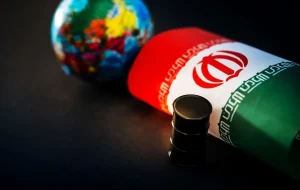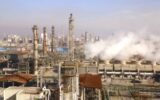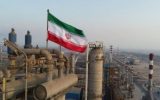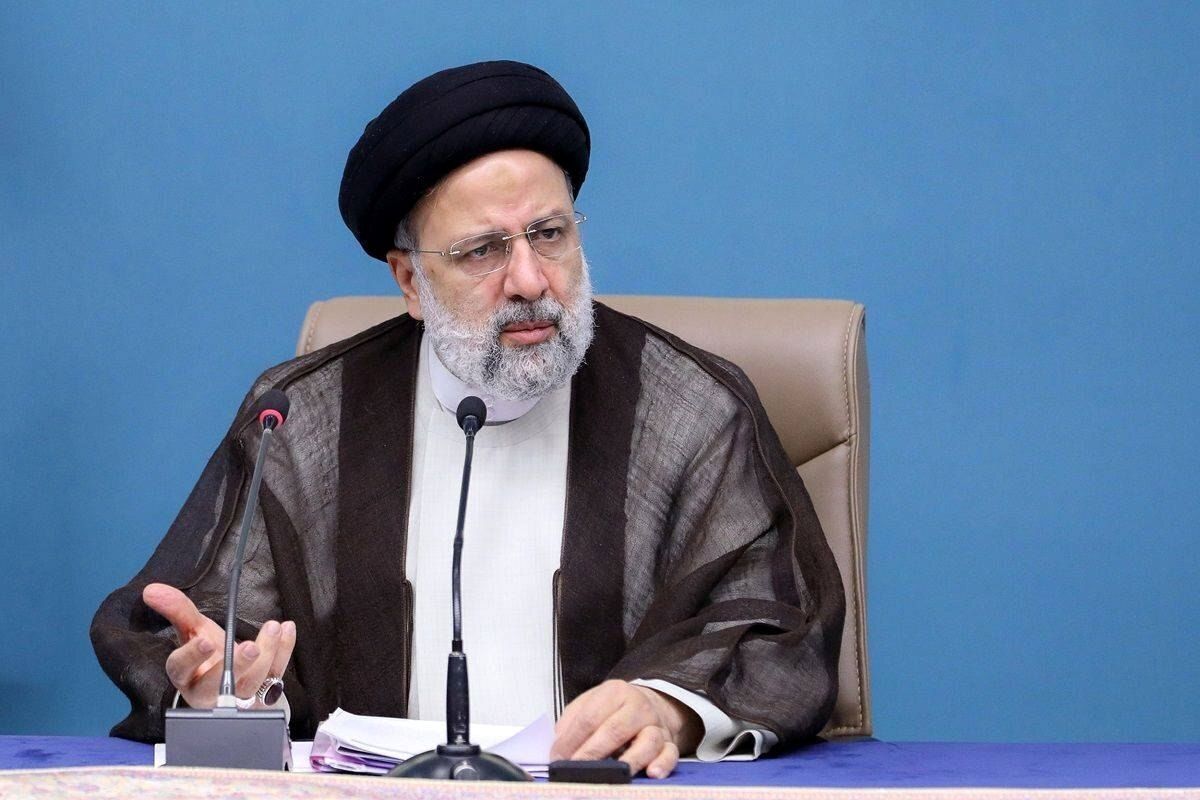
Mismanagement brought petrochemical production to zero
Production in Khorasan, Lordegan, Kermanshah, Zagros, Sabalan, Kimia Pars, and many other urea and methanol petrochemical plants has dropped to zero; why? Because the only prescription of all governments to overcome the gas crisis is to close the gas valve of petrochemical plants.

Growth in oil production and exports despite economic recession
Central Bank statistics indicate a 1.1% growth in oil production and exports in the first half of 1404; a growth achieved during an economic recession and alongside a 0.6% decrease in the country's gross domestic product.

The Yellow Dragon’s Addiction to Iranian Oil / Billion-Dollar Savings for Chinese Refineries
Estimates by the Kepler Institute show that China purchased over 80% of Iran's exported oil in 2025, with daily imports averaging around 1.38 million barrels, equivalent to approximately 13% of China's total seaborne oil imports.
آخرین اخبار

Complete implementation of the goals of the first year of the Seventh Plan in the petrochemical industry
The CEO of the National Petrochemical Industries Company announced the implementation of 100 percent of the goals of the first year of the Seventh Development Plan in the petrochemical industry and emphasized the need for stricter inspections in the field of safety and improving process safety.

Oil Minister: Iranian oil sales continue without concerns
The Oil Minister emphasized: "There are currently no concerns or problems regarding oil sales."

Developing young human capital in the field of HSE in the oil industry
The Director General of Organization, Methods and Organizational Excellence at the Ministry of Oil emphasized that the presence of young forces in the field of safety is a valuable opportunity to empower and develop the human capital of the oil industry.

Reduction in gas production and decline in electricity exports; new warning from the Statistics Center about energy imbalance
According to data from the Statistical Center of Iran, the imbalance in energy carriers is clearly visible.

Foreign exchange savings of one billion dollars following the elimination of the need to import diesel
Mohammad Sadeq Azimifar said at the first conference on combating fuel smuggling: "With the measures taken, 600,000 illegal fuel cards were collected. Also, the average consumption of petroleum gas (gasoline) was reduced by 4 million liters; a reduction that creates savings for the country equivalent to one billion dollars in one year."

Government forced to import $6 billion worth of gasoline; quotas unchanged
The government has been forced to import $6 billion worth of gasoline to meet domestic needs; despite the high cost and widespread smuggling, current quotas remain unchanged.

Energy Expert: Renovating worn-out heaters is the solution to gas imbalance
Navid Hedayatifar, referring to the gas imbalance crisis in winter, said that replacing 20 million worn-out heaters with high-efficiency heaters could reduce household consumption and allocate the released gas to industries.

Increasing domestic gas consumption to 400 million cubic meters
Natural gas consumption in the residential, commercial, and small industrial sectors reached about 2 billion 726 million cubic meters last week as air temperatures dropped, and the highest consumption was recorded on Wednesday with about 401 million cubic meters.

Get to know Fajr Energy, the beating heart of Mahshahr petrochemicals
Fajr Energy Persian Gulf Company (formerly Fajr Petrochemical) was established in the 1970s with the aim of providing utilities to companies in the Special Economic Zone in Bandar Imam Khomeini and became the first centralized utility company in the country. The company plays an important role in transmitting electricity, water, liquid oxygen, and steam to its neighboring petrochemical companies.

Record-breaking delivery of diesel to power plants with zero imports
The CEO of the National Petroleum Products Distribution Company said: "The record-breaking delivery of diesel to power plants and the filling of the country's power plant sector oil and gas tanks took place in a situation where we did not import diesel this year, and all of this diesel was supplied by the production capacity of domestic refineries."




